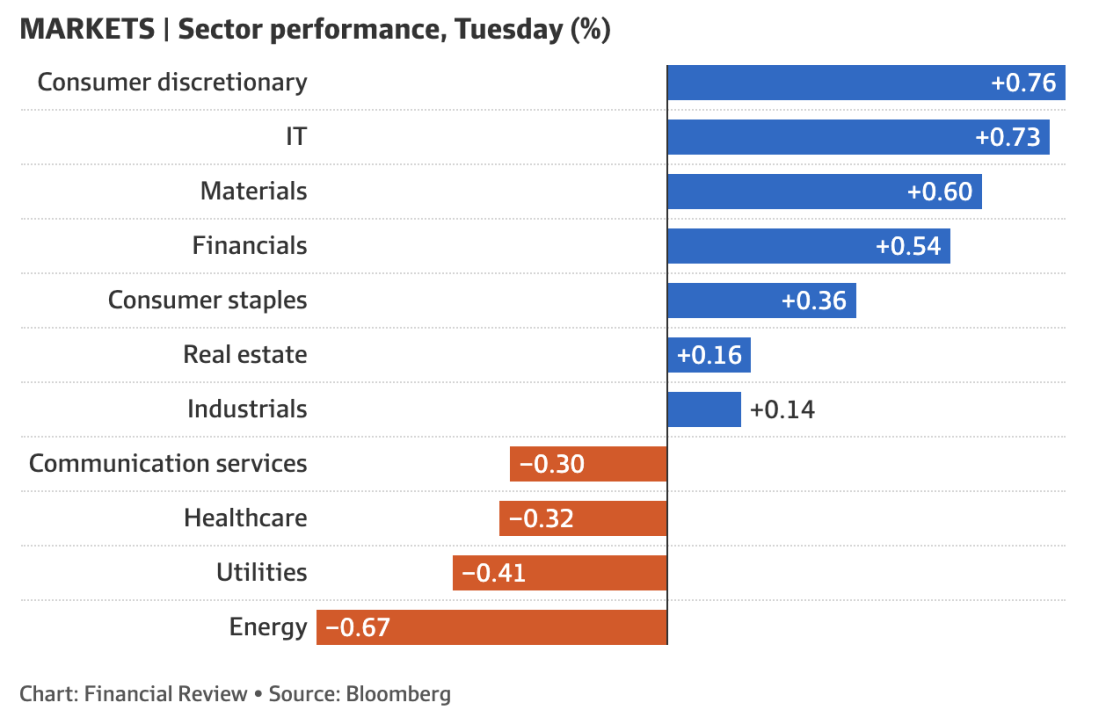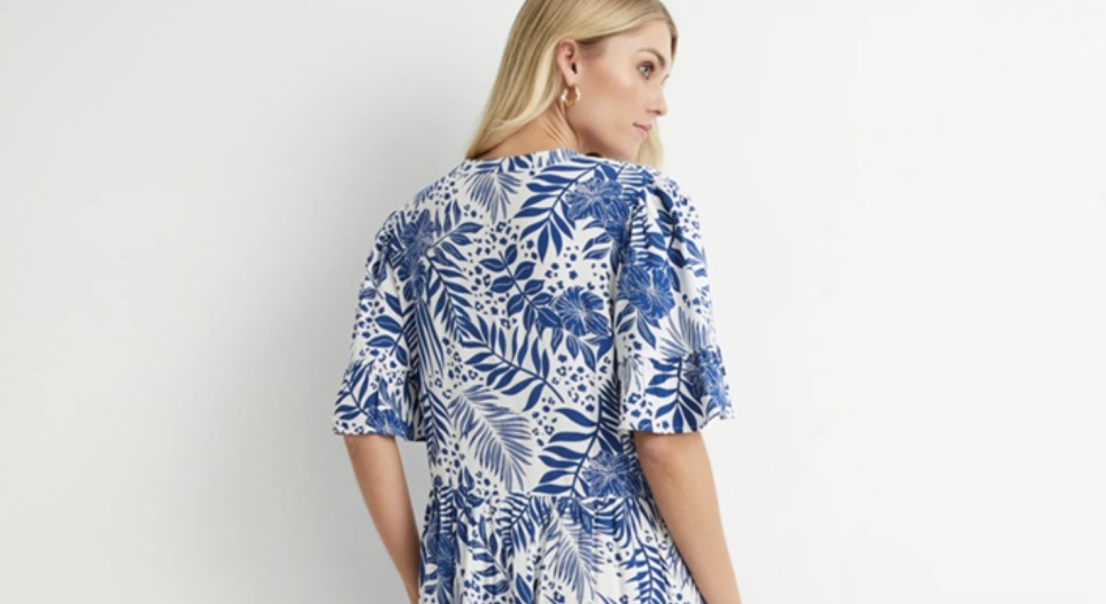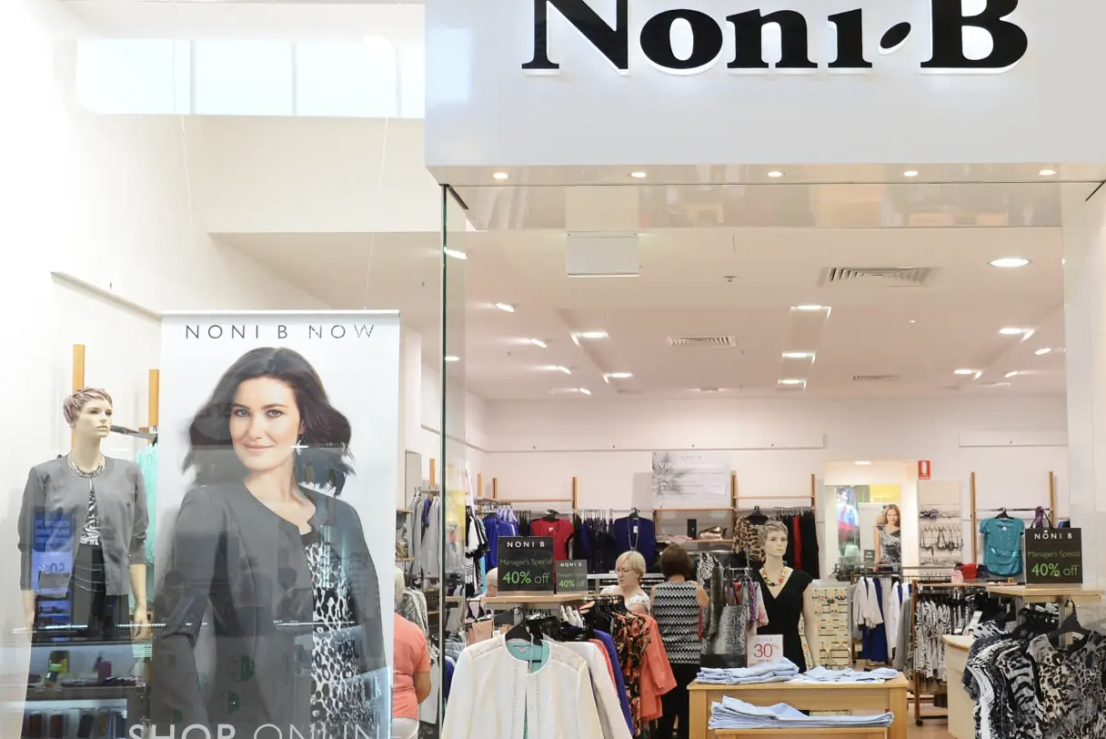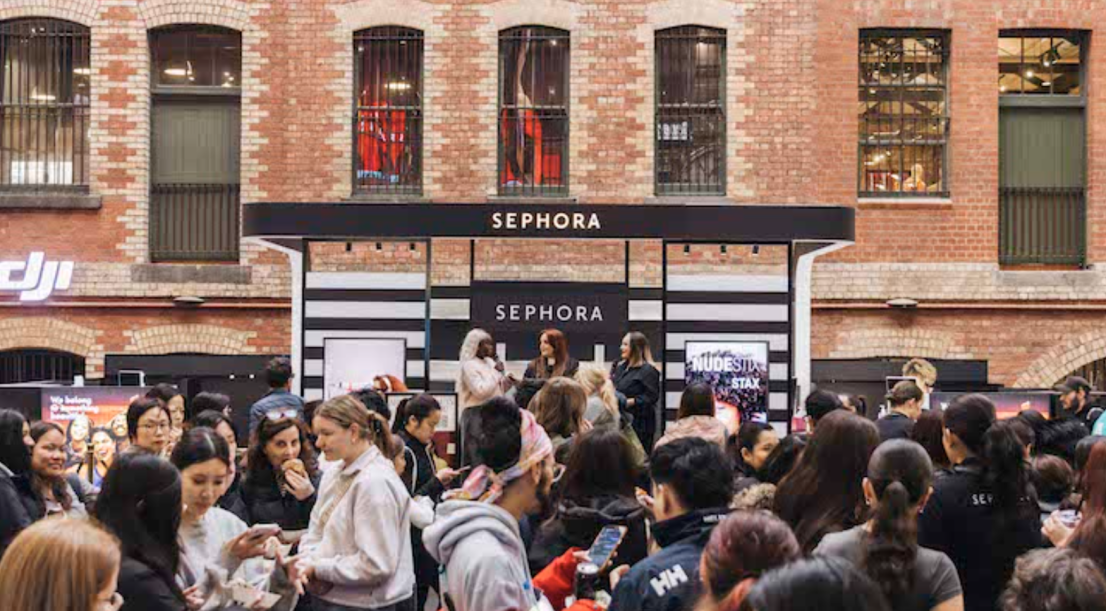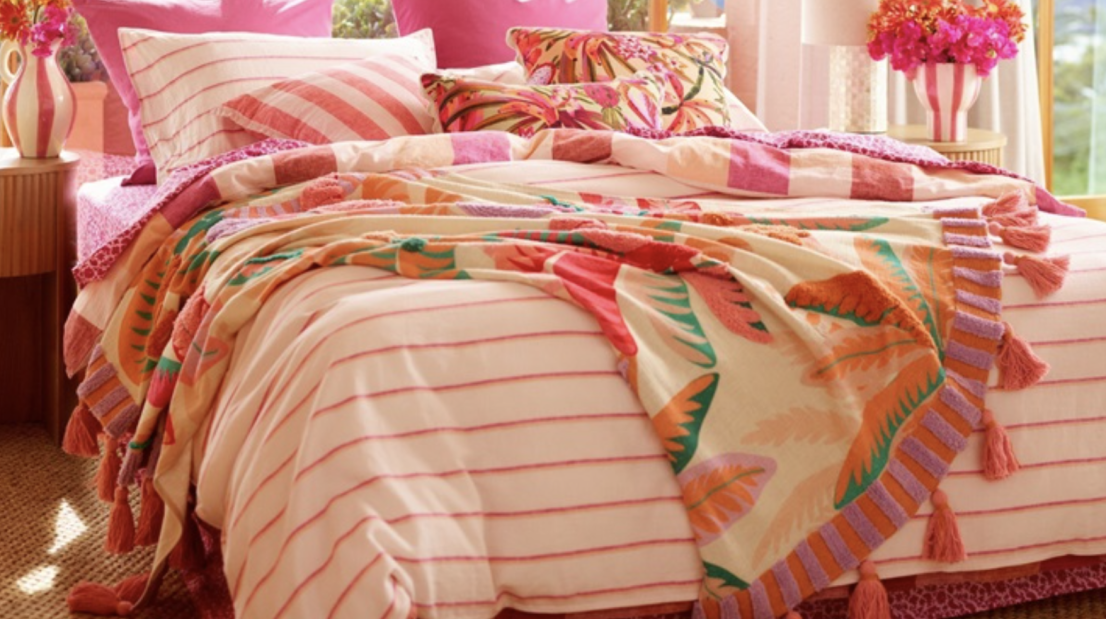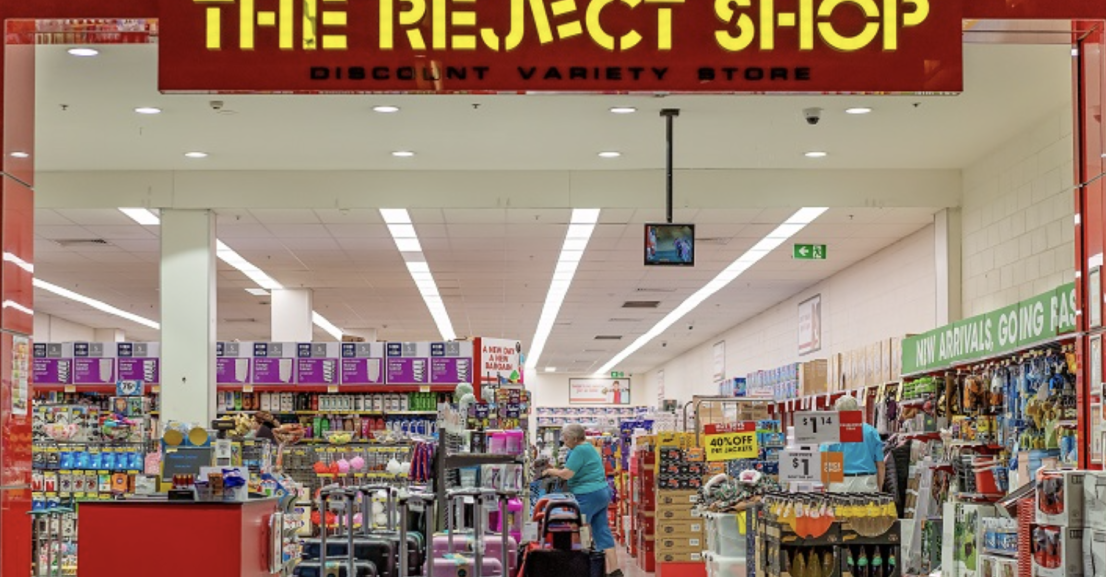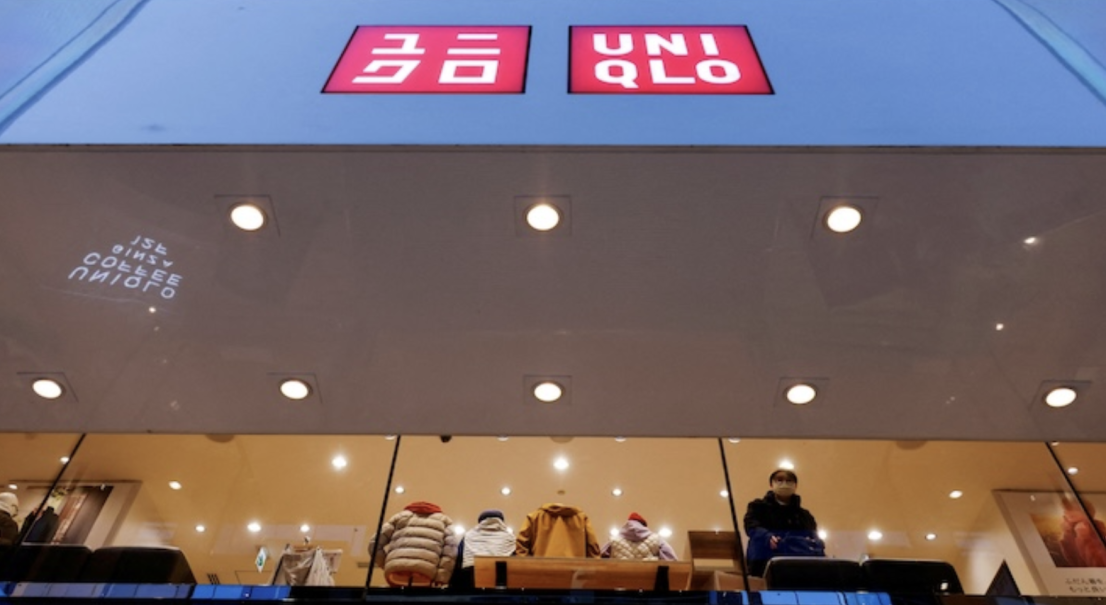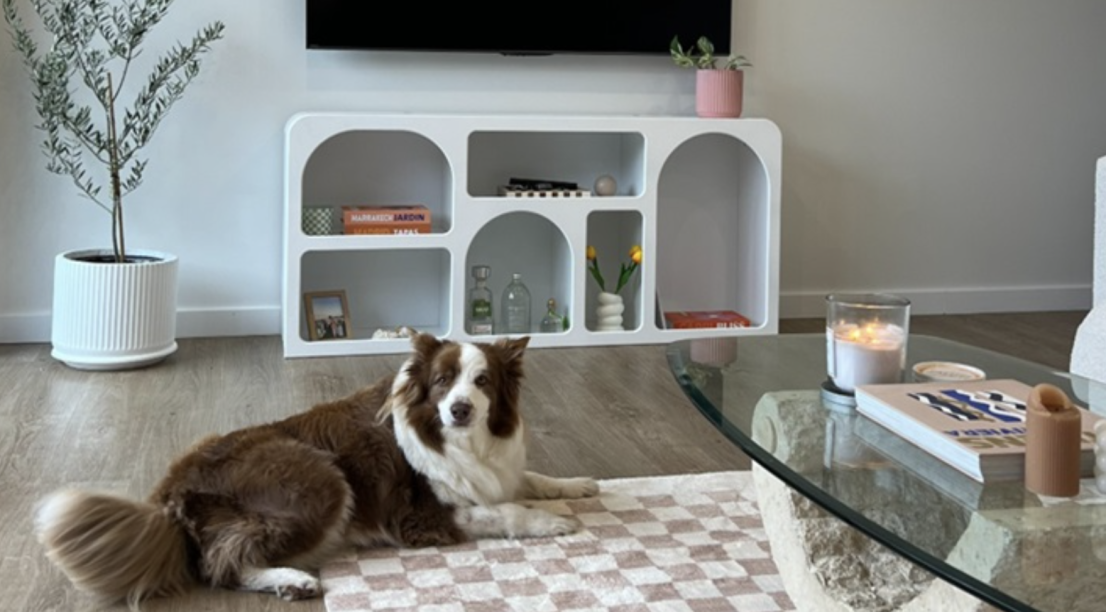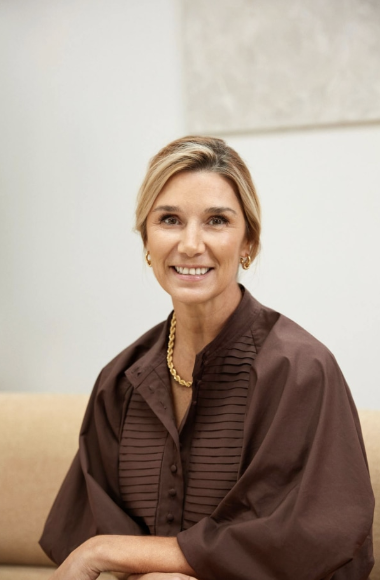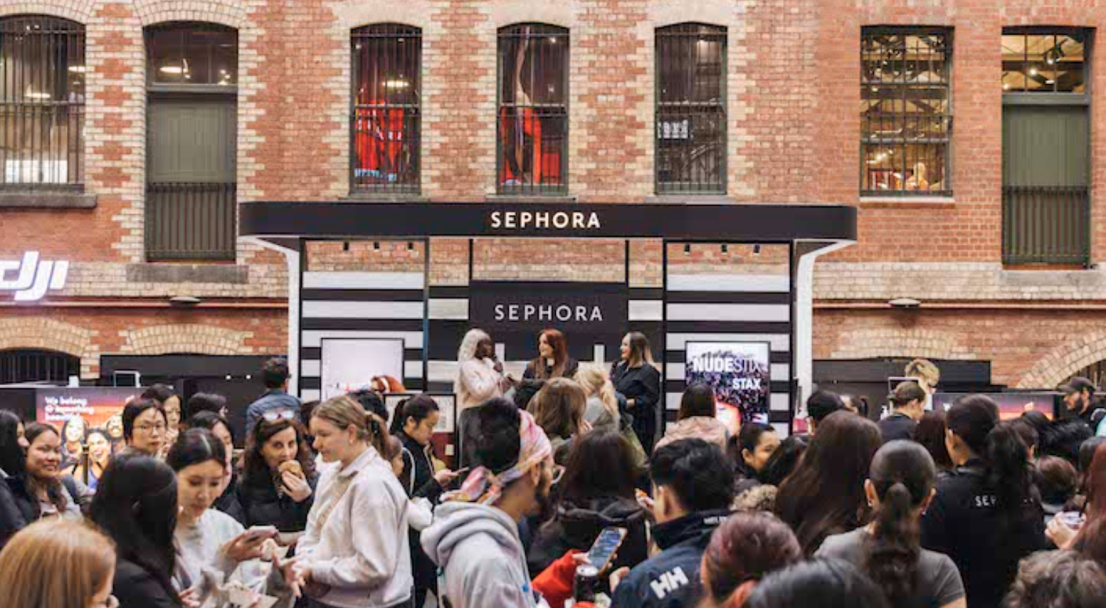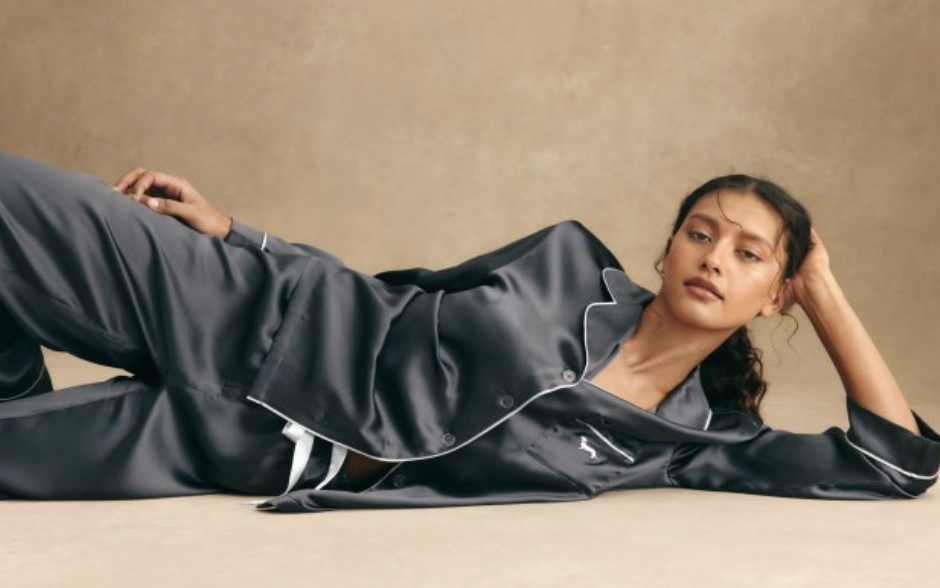
Sleepwear brand Peter Alexander has surpassed over half a billion dollars in annual sales in FY24, and is the only retail subsidiary to report a sales lift under Solomon Lew’s Premier Retail portfolio.
The latest news comes ahead of the sleepwear retailer’s official launch into the United Kingdom, with the initial rollout consisting of three retail doors before Christmas and a dedicated local website.
Peter Alexander’s annual sales for FY24 hit $508.6 million, up 6.2 per cent on the prior year, and just over 100 per cent in the past five years.
According to Premier, the record result was driven across all its product categories, including womens, mens, children, plus-size and gifting.
Despite the record lift in the sleepwear brand, Premier Retail overall recorded a fall in annual sales by 2.9 per cent to $1.6 billion, driven by a 7.4 per cent fall in Smiggle sales, and a 6.4 per cent fall in its other apparel brands including Just Jeans, Jay Jays and Jacqui E.
Smiggle’s sales fall is also down 3.4 per cent on FY19, five years ago, while the apparel brands are up 10.3 per cent in the same time frame.
Online sales have also dipped by 2.9 per cent over the last year to $315.3 million, now making up 19.8 per cent of total sales across all brands.
A 195 basis point lift in total cost of doing business has also led to a slip in total gross profit for Premier Retail, which hit $998 million in FY24.
Despite all the woes in revenue and costs, Premier’s gross margin percentage lifted by 35 basis points to 62.6 per cent.
“FY24 has been another challenging year for discretionary retail,” Premier chairman Solomon Lew said. “Notwithstanding the tough environment, Premier Retail delivered global sales of $1.6 billion, an increase of 25.5% when compared to our pre-COVID FY19 business.
“Premier Retail yet again delivered a strong EBIT result of $325.9 million, through careful management of gross margin and operational costs.”
Regarding Peter Alexander’s UK push, Premier confirmed that the three new shops will be located in prime London shopping, with a short-term goal of opening up to 10 new stores.
According to Premier, the sleepwear brand is investing in significant marketing campaigns and product specifically tailored to the colder weather in the UK Christmas gifting season.
“With a population in the United Kingdom of more than double the combined population of the existing Australia and New Zealand markets, a significant opportunity is ahead for the brand entering this exciting new chapter of international growth,” Premier reported.
Apparel brands get a makeover
As Premier rubs its chin over the potential combination of Myer and Premier’s apparel brands, the business is giving its five retailers a new toy to play with and a new paint job.
The five apparel brands - housed under the Just Group - will gain a new customer loyalty program called Just Shop Rewards in October 2024, leveraging an existing loyalty program for its Just Jeans customers that was launched in Australia in 2006, and currently has 1.8 million members.
According to Premier, the existing program delivers higher sales and transaction values when compared to non-member sales, reinforcing the potential value in offering a loyalty program across all five brands in both Australia and New Zealand.
"[The current program] hasn't had a lot of investment, to be honest. I think everyone in the organization would acknowledge that," Just Group CFO John Bryce said.
"We're very excited to now launch a brand new loyalty program that will capture all five brands across Australia and New Zealand. So it's a lot of stores, and a lot of eyeballs.
"The data insights that will pick up out of this loyalty program alone will give us so much information on how to target our marketing and promotional and product offers better."
The apparel brands will also begin unveiling new and improved store design formats in the first half of FY25. Just Jeans and Jacqui-E will unveil its new store designs in November 2024, while progress continues on new store design formats for Dotti, Portmans and Jay Jays.
The updates include new digital display elements, navigation changes and updated customer service touchpoints.
Meanwhile, Premier has identified more than 20 additional opportunities for new and larger format stores in Australia and New Zealand for Peter Alexander, which includes four new stores and four relocations that have already been confirmed in the first half of FY25.
In October, the brand’s flagship and top store at Chadstone in Victoria will be relocated and expanded in footprint by over 50 per cent to 429 square metres.
As for Smiggle - which is currently leaderless following the surprise sacking of its managing director due to “serious misconduct” - Premier is preparing to open over 10 more stores for the brand in the near term. As well as in AU/NZ, Smiggle operates an extensive retail portfolio in Europe of over 100 stores, and 43 stores in Asia.
Smiggle recently signed two wholesale partnership agreements in both the Middle Eat and Indonesia to help execute a retail rollout in both these regions over the next 10 years.
The Premier board has also scrapped prior plans to demerge the Smiggle business due to the prioritisation of the current Myer proposal, with Premier noting that the ultimate timing of any demerger of Peter Alexander and/or Smiggle will depend on the outcome of the current discussions with Myer.
“In August 2023, the Premier Board embarked on a strategic review of Premier Retail,” Lew said. “The last 12 months have highlighted significant future opportunities for each of Peter Alexander, Smiggle and the Apparel Brands.
“In June 2024, the Premier Board determined that the proposed combination of the Apparel Brands business with Myer warrants further consideration, and work has diligently taken place to analyse this proposal.
“The Board’s focus in assessing the proposal or any strategic review outcome will also be on creating shareholder value, whilst maintaining the potential and integrity of each of the businesses.”




